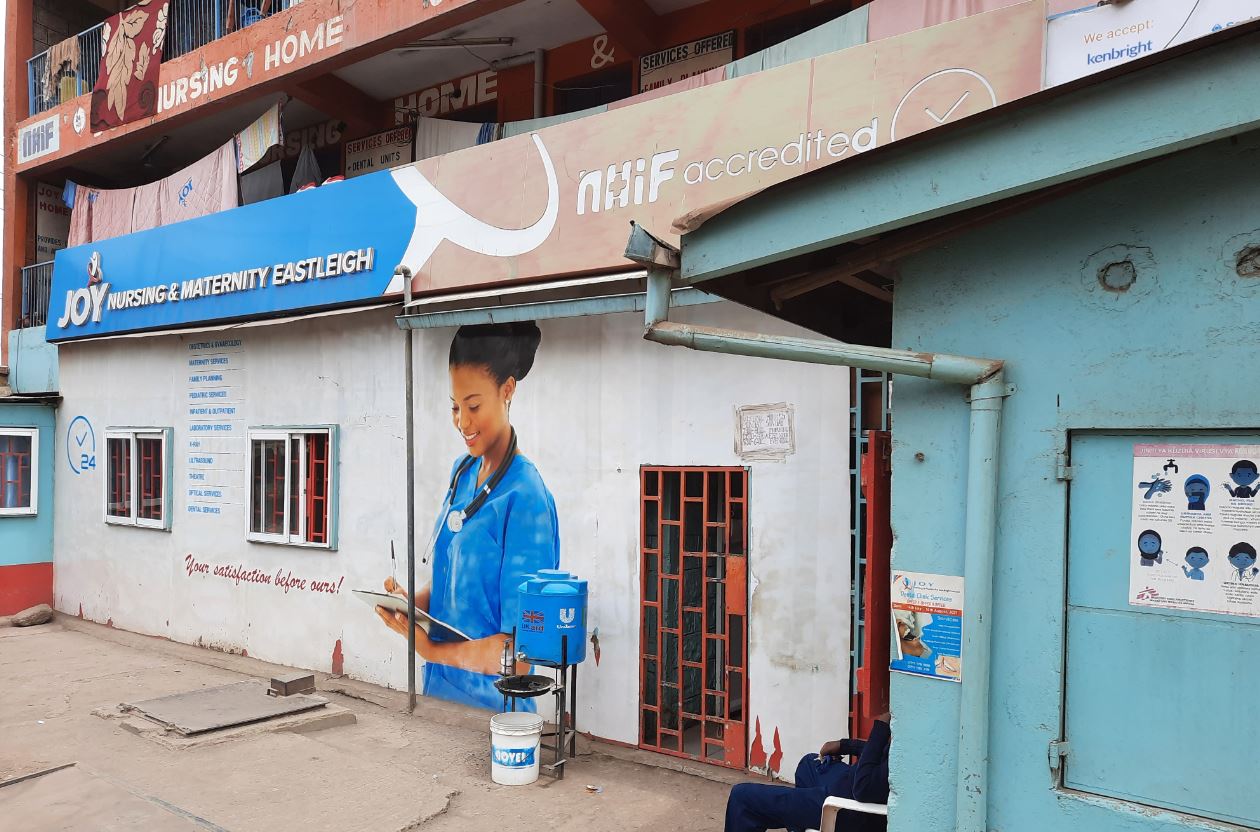
This admission occurred during an investigation conducted by the committee aimed at uncovering the depth of claims filed by healthcare providers to the NHIF.
If you recall, the main reason given for the dysfunctional nature of NHIF has always been the jaw-droppingly fraudulent claims by private health facilities.
Under the scrutiny of the Health Committee, led by chairman Robert Pukose (MP for Endebess), the investigation focused on three healthcare facilities within Eastleigh, including Beirut Hospital, Amal Hospital, and Joy Nursing Home.
The three have been put on the spotlight for making claims that defeat logic.
The inquiry revealed significant discrepancies and raised questions regarding the operations and accreditation of these facilities, particularly Joy Nursing Home, which despite its limited capacity and lacking infrastructure, managed to claim a substantial amount from the NHIF in 2021 and 2022.
The facility, which is officially recognized as a Level Four healthcare provider, surprisingly operates with just 21 beds and minimal medical equipment, starkly contrasting the requirements for such a designation.
Level 4 hospitals are required to have at least 30 beds for males and 30 for females. On top of lacking that, the Joy Nursing Home was found to have dilapidated toilets, no electricity and lack of sufficient basic equipment like a microscope.
This has drawn attention to the processes behind the licensing and accreditation of healthcare facilities in Kenya, especially in cases where the actual capabilities of the institution do not align with the standards prescribed by the Kenya Medical Practitioners Pharmacists Dentists Union (KMPDU).
During the committee’s visit, Mr. Otieno outlined the hospital’s journey from a small pharmacy founded in 2006 to its current status, highlighting the challenges and adaptations made to expand its services.
Despite the evident infrastructural and equipment shortcomings, Mr. Otieno and his team defended the hospital’s operations and its capacity to serve a considerable number of patients daily.
However, the MPs were not convinced by the explanations provided, especially in light of the substantial NHIF claims made by the hospital.
The lack of essential medical facilities, such as a blood transfusion unit, life support equipment, and a mortuary, further exacerbated doubts about the hospital’s ability to conduct the number of surgeries and medical procedures reported.
Questions were also raised about the manipulation of radiology films for NHIF pre-authorisation, a practice Mr. Otieno attributed to the actions of his radiographers, despite the absence of a qualified radiologist on staff.
The committee’s findings point to a broader issue of systemic corruption and mismanagement within the NHIF and its affiliated healthcare providers.
Previous reports and investigations have highlighted similar concerns, including collusion with medical providers and inflated drug charges by local hospitals, which have significantly drained the NHIF’s resources and compromised its mission to provide equitable healthcare access.
In light of these revelations, the Health Committee has vowed to intensify its investigation into the collusion between hospitals, NHIF officials, and licensing authorities.
The aim is to unravel the complex web of corruption that has allowed such fraudulent activities to proliferate, ultimately ensuring accountability and reform within Kenya’s healthcare financing system.
This investigation into Joy Nursing Home and other facilities is part of a larger effort to address the endemic corruption affecting Kenya’s healthcare sector.
With the suspension of Joy Nursing Home and ongoing probes into other facilities, the committee hopes to restore integrity to the medical fund, as it transitions to SHIF, and ensure that public funds are utilized effectively to improve healthcare services across the country.








